COLUMN: Haitian refugees are in danger at our border
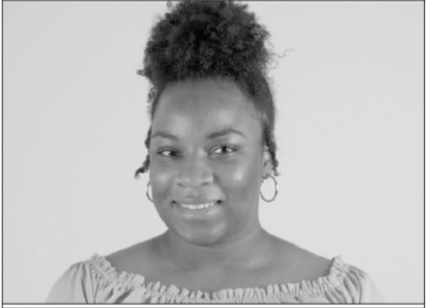
Destiny Blanchard
September 23, 2021
Over the course of a few weeks thousands of Haitian refugees have come to the United States and Mexican border, many of which in the city of Del Rio, Texas. These refugees have traveled a long way to this country in order to seek asylum.
The state of Haiti today has been on a path of disaster for years, many times due to the fault of other countries. Haiti is one of the poorest countries, with a good portion of the population living under the poverty line. The many natural disasters, political issues and misuse of humanitarian relief has also led to the bad state of their economy.
The years of problems building up on each other has lead to where we are today. Right now Haiti is not a safe place for many of the people who live there and many have been willing to put themselves in danger to find a safer place to live. Many refugees would be coming from environments where they’d face violent crime, civil unrest and kidnappings. Unfortunately, for these refugees dealing with U.S. border agents has proven to be a dangerous situation as well.
U.S. border agents already have a bad reputation due to how they’ve treated many migrants in the past, but the recent treatment of those from Haiti is bringing that to the attention of the media again. U.S. agents have been sent on horseback to push back on the thousands of Haitian people, and have been accused of using their reins to whip and physically harm them as well.
Many Black Americans expressed disgust at the images of these patrol agents on horse back controlling crowds of mostly black people, as it looked like something that would have happened during the Jim Crow era or during slavery.
Several social activists and Haitian Americans are calling to the unfairness and double standard of the treatment of Haitian refugees, especially after the U.S. allowed thousands of refugees to come without the same treatment.
Currently, our government has a Title 42 policy in place that singles out asylum seekers that cross into the U.S. at land borders and closes the border to them. This order results in migrants being sent back to their own country or to Mexico. Many of the refugees who are sent back based on this order tend to come from Central America, Africa or Haiti, which explains a lot of the claims for racial discrimination for many Black, Brown and Indigenous refugees.
There are a lot of factors in place that results in the harm of these Haitian asylum seekers from their own country and from this one. There’s a lot that could be done to reduce and eliminate this harm, but that work can only get done as we continue to call out the systems that keep it in place.
Destiny Blanchard is a senior management major. She can be reached at 581-2812 or at dblanchard@eiu.edu.

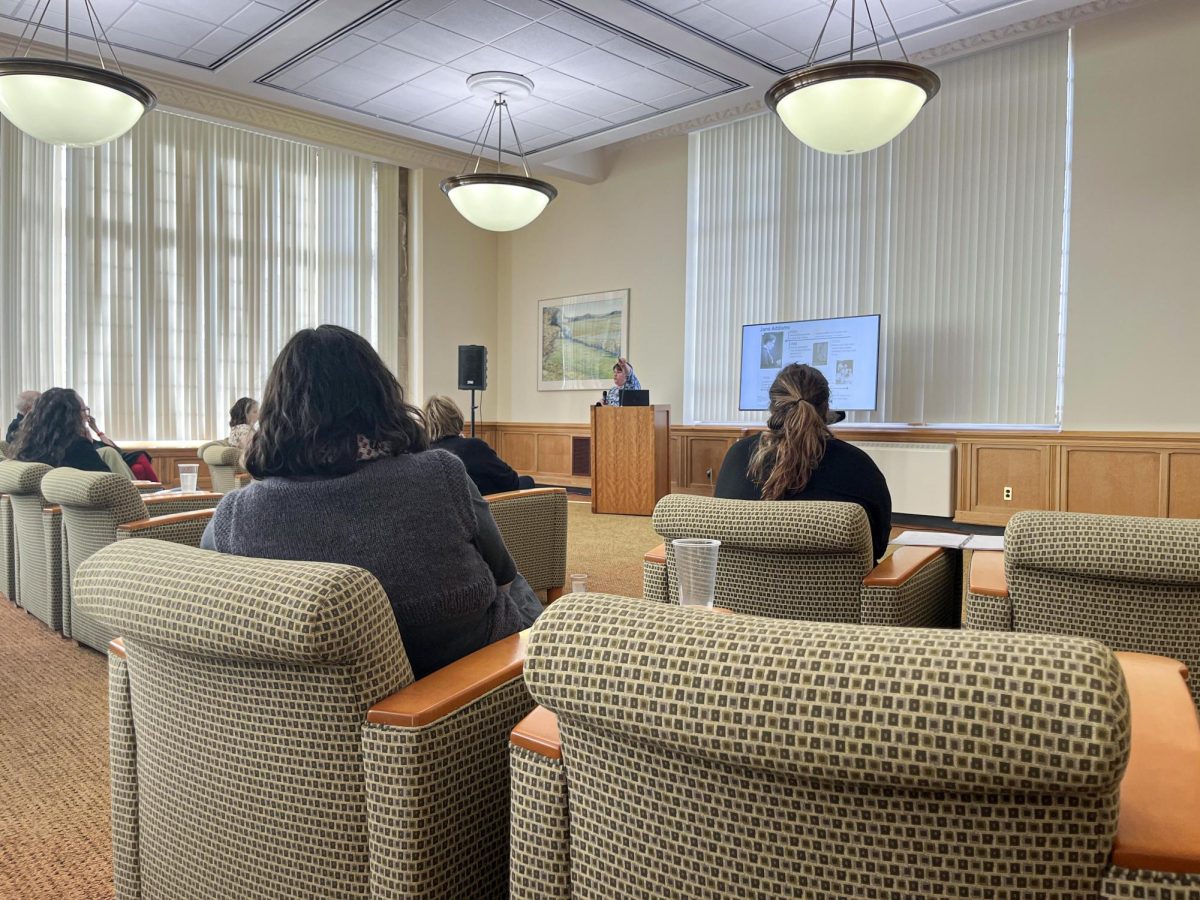


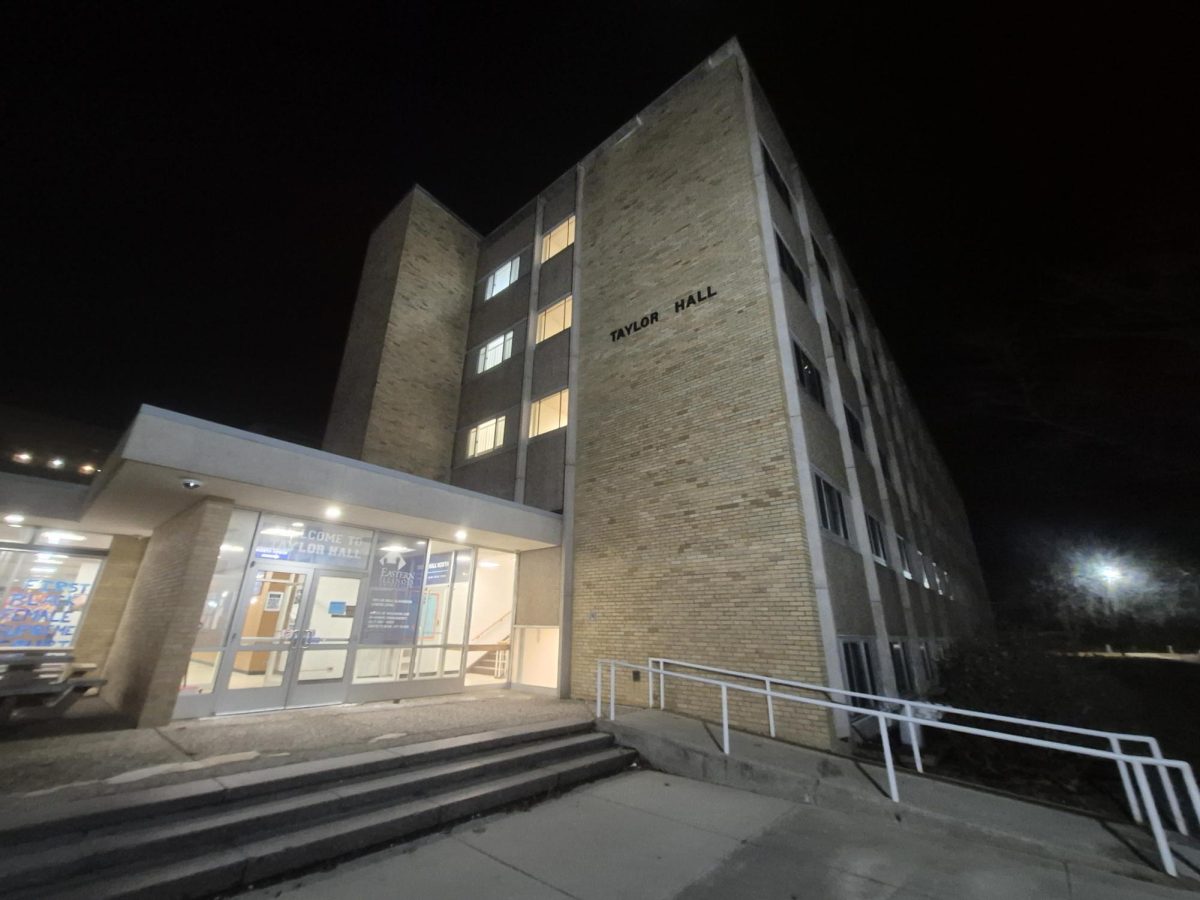
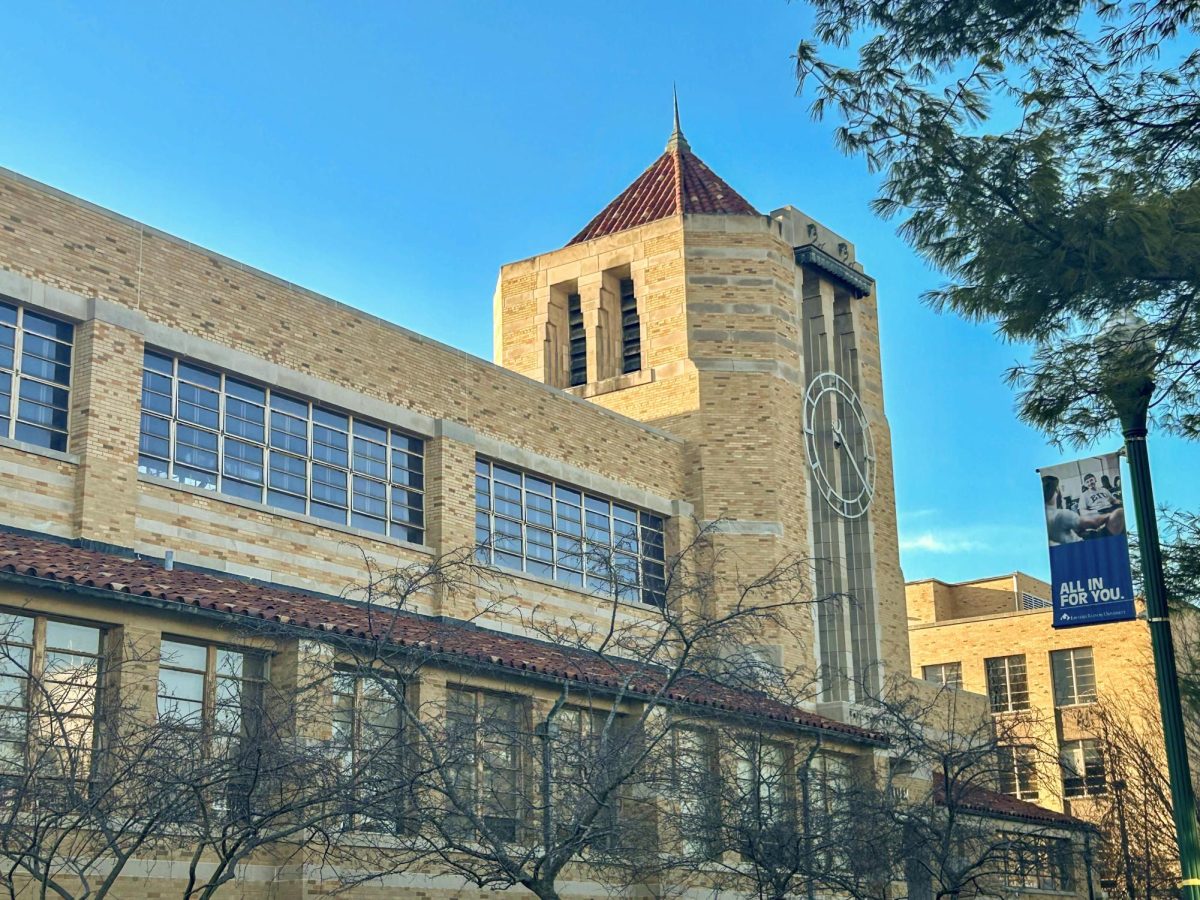

![[Thumbnail Edition] Eastern Illinois University baseball's hitting coach and recruiting coordinator Mike Pugliese urges players on the team to increase their effort after a slow start to its pregame routine at the team's first intrasquad scrimmage of the season at O'Brien Field on Jan. 31, 2025.](https://www.dailyeasternnews.com/wp-content/uploads/2025/03/BB_02_O-1-e1741909628540-1200x702.jpg)
![[Thumbnail Edition] Senior tennis player Luisa Renovales Salazar hits the tennis ball with her racket at the Darling Courts at the Eastern Illinois University campus in Charleston, ILL.](https://www.dailyeasternnews.com/wp-content/uploads/2025/03/Tennis_01_O-1-e1741807434552-1200x670.jpg)


![[Thumbnail Edition] Senior right-handed pitcher Tyler Conklin pitching in the Eastern Illinois University baseball team's intrasquad scrimmage at O'Brien Field in Charleston, Illinois on Jan. 31.](https://www.dailyeasternnews.com/wp-content/uploads/2025/03/TC_01_O-e1741567955534-1200x669.jpg)





![[Thumbnail Edition] Senior, forward Macy McGlone finds an open teammate to pass the ball too during the game against the Tennessee State Tigers 69-49, in Groniger Arena on the Eastern Illinois University campus, Charleston Ill.](https://www.dailyeasternnews.com/wp-content/uploads/2025/03/WBB_02_O-1-e1741228987440-1200x692.jpg)


















![E[Thumbnail Edition] Eastern Illinois softball freshman utility player Abbi Hatton deciding to throw the softball to home plate in a fielding drill during softball practice at the field house in Groniger arena on Tuesday Feb. 11.](https://www.dailyeasternnews.com/wp-content/uploads/2025/03/SB_03_O-e1741208880750-1-e1741209739187-1200x815.jpg)


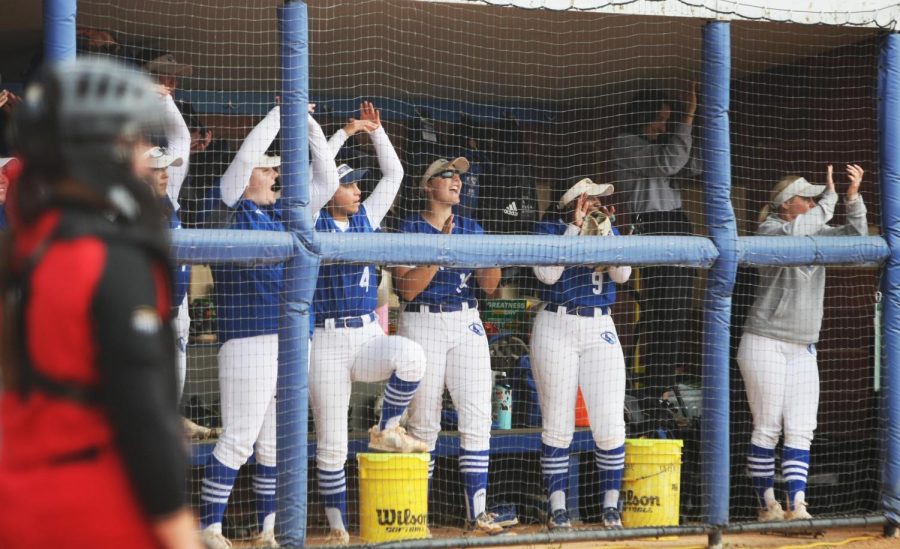













![The Weeklings lead guitarist John Merjave [Left] and guitarist Bob Burger [Right] perform "I Am the Walrus" at The Weeklings Beatles Bash concert in the Dvorak Concert Hall on Saturday.](https://www.dailyeasternnews.com/wp-content/uploads/2025/03/WL_01_O-1200x900.jpg)
![The team listens as its captain Patience Cox [Number 25] lectures to them about what's appropriate to talk about through practice during "The Wolves" on Thursday, March 6, in the Black Box Theatre in the Doudna Fine Arts Center in Charleston, Ill.](https://www.dailyeasternnews.com/wp-content/uploads/2025/03/WolvesPre-12-1200x800.jpg)


















